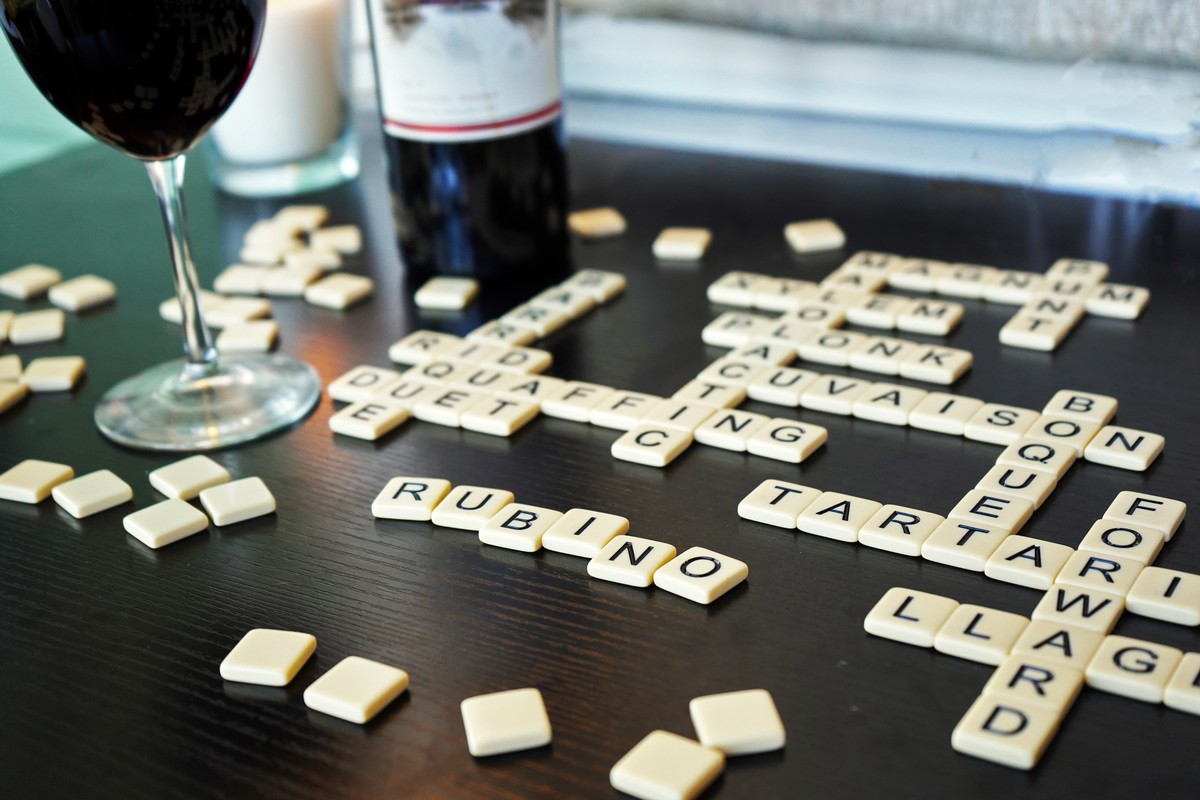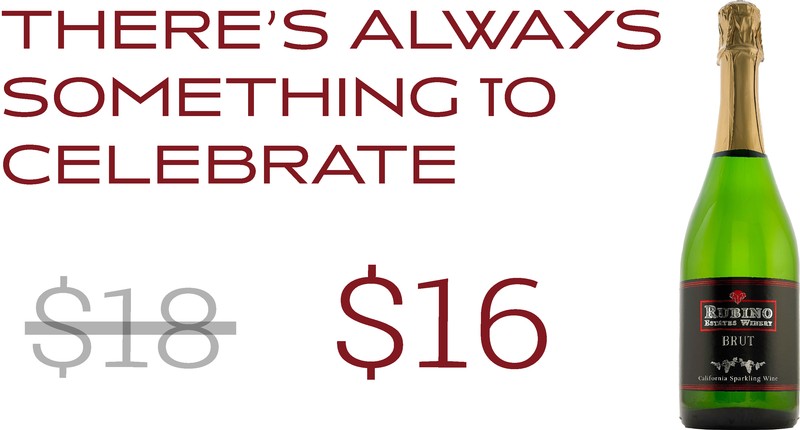Wine Words & What They Mean
Staying at home has led to a host of new hobbies, and we’ve gotten to know a few more board games! We’re trying to keep our minds sharp with word games like Quiddler, Upwords, and Bananagrams. Since we’ve especially enjoyed having some time to dabble in Scrabble, we thought it might be nice to put together a list of words that might help you win your next word game match-up.
appellation — a specific wine-producing region. The appellation of the wine specifies that the wine came from a specific vineyard or area. In the wine world, appellations are legally defined, though the exact regulations vary from country to country. The world’s smallest appellation is in France, covering just over 2 acres.
barrique — a 225-litre oak barrel, originating in Bordeaux, used originally for transporting, storing, and aging wines. Barriques are generally used to age distinguished reds, but may also be used for whites.
bouquet — similar to “nose” or “aroma” this term applies specifically to the complex interplay of aromas unique to aged wines. This word is a great use for that “q” that’s been sitting around!
brettanomyce — casually referred to as “brett,” this bacteria is a yeast that produces barnyard, mousy, or metallic scents in wine. It is not uncommon for some red wines to have an intentional touch of brettanomyce at very low concentrations as it can lend a spicy, leathery note.
cuvaison — the process by which wine gains color, flavor, and tannins by leaving the juice in contact with the grape skins and pips during fermentation. This is a French term, so you’ll have to ask your Scrabble mates to let it slide. The English equivalent is “maceration.”
forward — this is a term used in wine tasting to pick a wine out from its peers. A forward wine has matured early, and is in peak condition, and has prominent fruit notes. Referring to a wine as “closed” means it is not forward.
magnum — a word you might hear often around Rubino Estates Winery. A magnum is a large bottle of wine which holds 1.5 liters, the equivalent of two normal 750ml bottles. We affectionately call them “mags” and admire the unique properties of wine aged in them. We even offer a special membership for magnum enthusiasts!
malolactic — this scientific term describes a type of secondary fermentation used in some winemaking processes. In malolactic fermentation, the tartness of malic acid in wine is changed into a smoother sensation. Some wine aficionados will identify that “buttery” or “creamy” wines have gone through “malo.”
oenology — this is the technical term for the science of wine and winemaking, but if it doesn’t fit in with the Scrabble board, you can try the alternate spelling “enology.”
tartaric — tartaric acid is a compound that occurs naturally in many fruits, but is the principal acid in grapes. In winemaking, tartaric acid promotes flavor and aging, as well as playing a key role in maintaining the stability of the wine’s composition and color.
plonk — a casual word popular in Great Britain to refer to cheap or inferior wine, often produced in bulk. We’re particular not fans of plonk wine, but we do think it’s a great word, especially if you get that “k” onto a triple letter spot.
punt — the dimple on the bottom of a wine bottle. There is conflict regarding the origins of the punt. Some say it strengthened bottles of carbonated wine, caught sediment and precipitates, allowed easier stacking of the bottles, or is leftover from when wine bottles were made using blowpipe and pontil.
quaffing — a descriptive word for a simple everyday drinking wine. Quaffing wines are not overly sophisticated, but pleasant and drinkable. If your game tiles don’t have all the letters for this word, try the shorter verb “quaff” which means to drink heartily.
typicity — a term that indicates how representative a wine is of its particular varietal. Different grape varietals have characteristic aromas and flavors, so this term could tell you, for example, how much a Sangiovese “tastes like a Sangiovese.”
ullage — empty space left in bottles and barrels as a wine evaporates. Historic wines which have more ullage due to imperfections in the cork’s seal are valued at a lower price.
vinification — From start to finish, the process of making wine. This term covers everything from planting to bottling and cellaring. Vinification is simply another word for winemaking.
xylem — the woody tissue of a vine, inside a layer known as the “vascular cambium” layer. This tissue is responsible for carrying nutrients and water from the roots up to the leaves of the vine. We like the Scrabble point value on this one!
If you’re looking for something to celebrate your inevitable wins of Scrabble battles, take advantage of our Sparkling sale! For a limited time, our Brut is discounted for you. Additional membership and case discounts apply.

